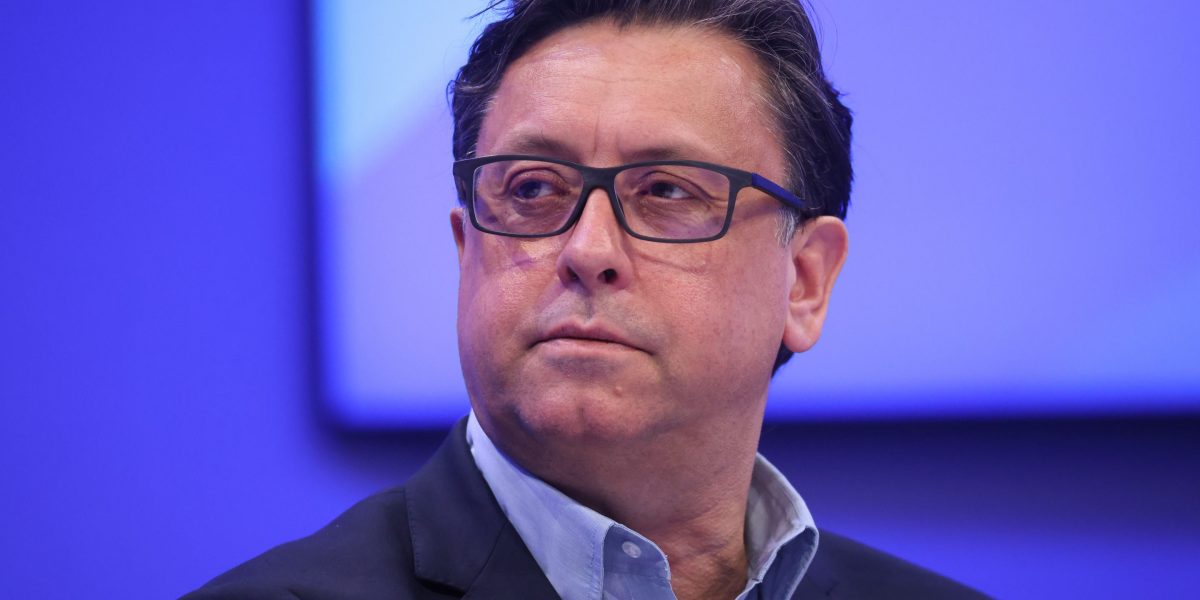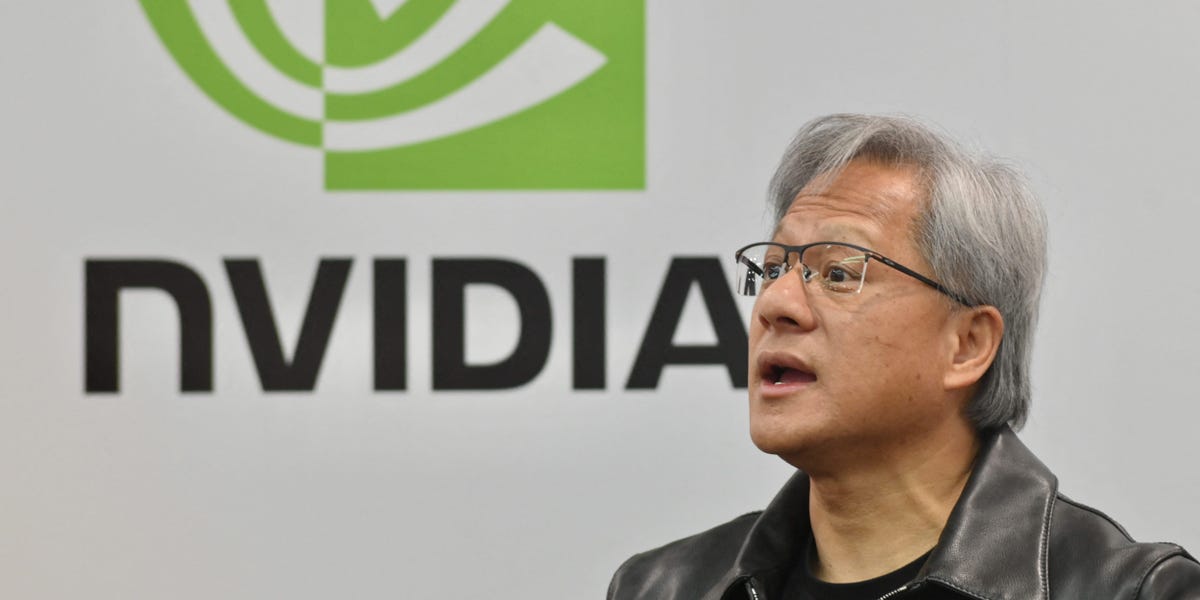Amidst economic instability, elevated interest rates, talent scarcities, and increasing capital expenses, artificial intelligence (AI) stands out as a significant concern for a variety of sectors, governments, and educational institutions. Despite the numerous obstacles confronting the healthcare industry, there is a sense of hope that AI could lead to a revolutionary period of medical advancements.
In the field of pharmaceutical research and development (R&D), AI is already demonstrating its value. Through the utilization of AI and data analytics, substantial progress is being achieved in forecasting patient responses, improving the efficacy of clinical trials, and customizing treatment plans for individuals. AI plays a crucial role in surmounting obstacles in target identification and introducing novel therapies for patients with unmet medical requirements.
One notable example is Sanofi, which is effectively harnessing AI to transform drug discovery and development processes. Their primary AI models in small-molecule drug discovery exhibit an impressive prediction accuracy exceeding 80%, continuously enhancing through active learning. By incorporating single-cell genomics, 90% of disease targets have been validated, with AI and machine learning (ML) supporting 75% of small-molecule projects. Virtual patient simulations are propelling in silico clinical trials, while genomics-driven precision medicine aids in patient categorization.
Through the implementation of advanced active learning methodologies and the improvement of AI model training, Sanofi is able to achieve optimal outcomes with less data. Insights obtained from AI learnings on structure streamline design cycles, leading to reduced time and expenses, and heightened success rates for new molecules. The company has bolstered its clinical trial capabilities by 50% and quadrupled its pipeline value from 2019 to 2023.
Sanofi’s collaborative strategy within the innovation ecosystem, embracing a “drug discovery without borders” approach, has significantly enhanced research efficiency. Engagement in 25% of projects has resulted in a twofold increase in research spending efficiency per clinical candidate and a doubling of first-in-human entries.
Moreover, Sanofi has undergone a substantial transformation in its operational framework, transitioning from retrospective reporting to a dynamic decision intelligence model. This proactive stance aligns strategic decisions with operational initiatives, promoting continuous enhancement through feedback mechanisms.
While the future holds great promise for medical progress propelled by AI, the pharmaceutical industry must confront several crucial hurdles to fully unleash its potential.
Key Challenges Ahead:
1. AI Regulation
Disparities in AI regulations across regions will determine restrictions on usage, standards, and definitions of high-risk applications. Collaborative endeavors are crucial to self-regulate and address concerns regarding data quality, security, privacy, and reliability.
2. Unintended Effects of Pricing Policies
New pricing regulations may inadvertently discourage investment in innovative R&D candidates, potentially favoring biologics over small-molecule drugs. Striking a balance in incentives is vital to sustaining progress in both drug categories.
3. Access to Capital for Biotech Startups
Challenges posed by high-interest rates for biotech startups reliant on future product revenues. Maintaining a favorable financial environment is essential to nurturing innovation and sustaining R&D momentum.
4. Building Trust through Innovative Clinical Trial Designs
Adopting decentralized trial strategies and ensuring inclusive patient representation can enhance patient trust and acceptance of new therapies. Tailoring trial designs to benefit underserved populations is crucial for fostering patient engagement.
Effectively navigating these challenges with strategic partnerships and innovative solutions will be critical in maximizing the impact of AI-driven innovations in healthcare. By fostering a culture of open communication and collaboration among diverse stakeholders, the industry can accelerate the pace of medical discoveries.
Paul Hudson serves as the CEO of Sanofi.
For more insightful commentary and business perspectives, visit Fortune.com.










